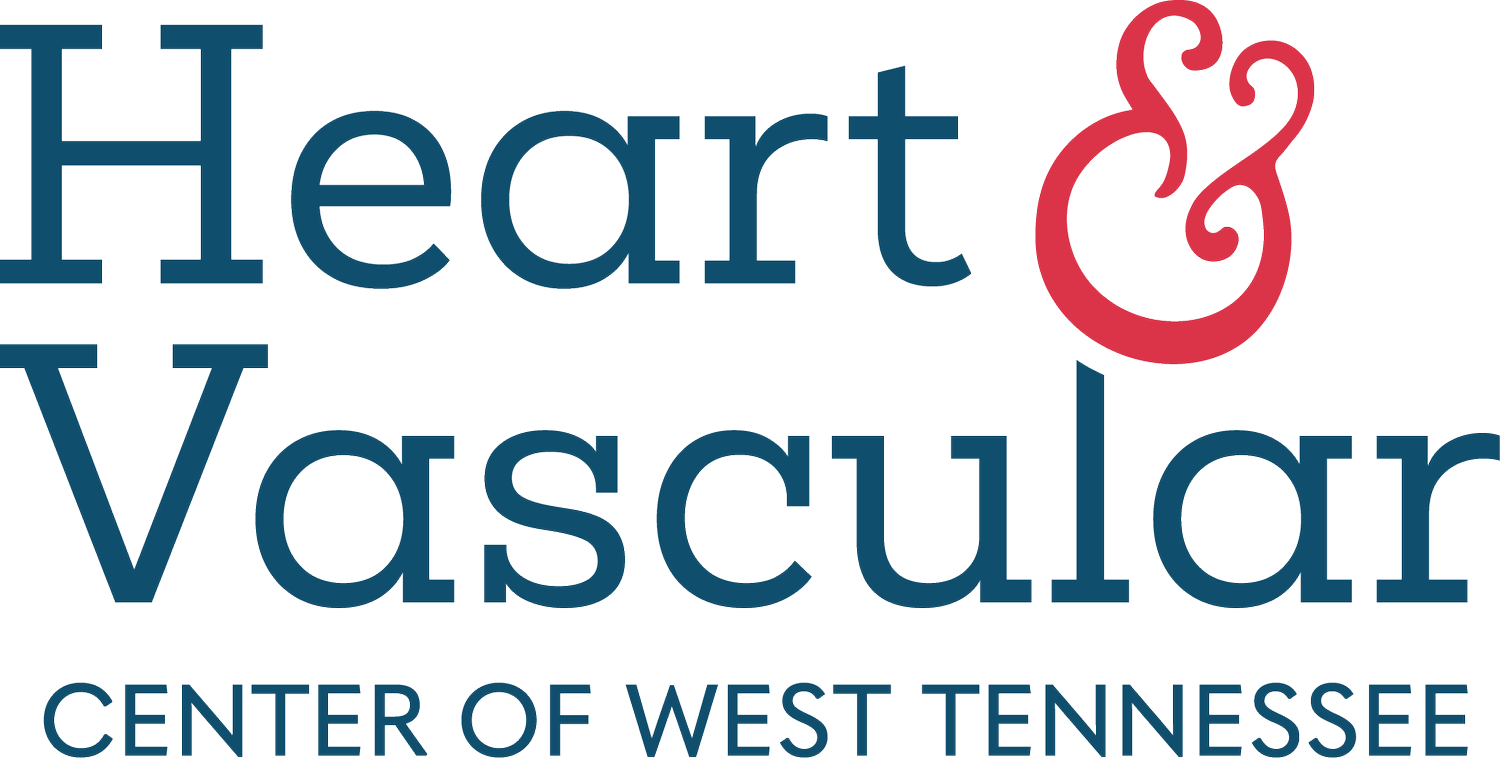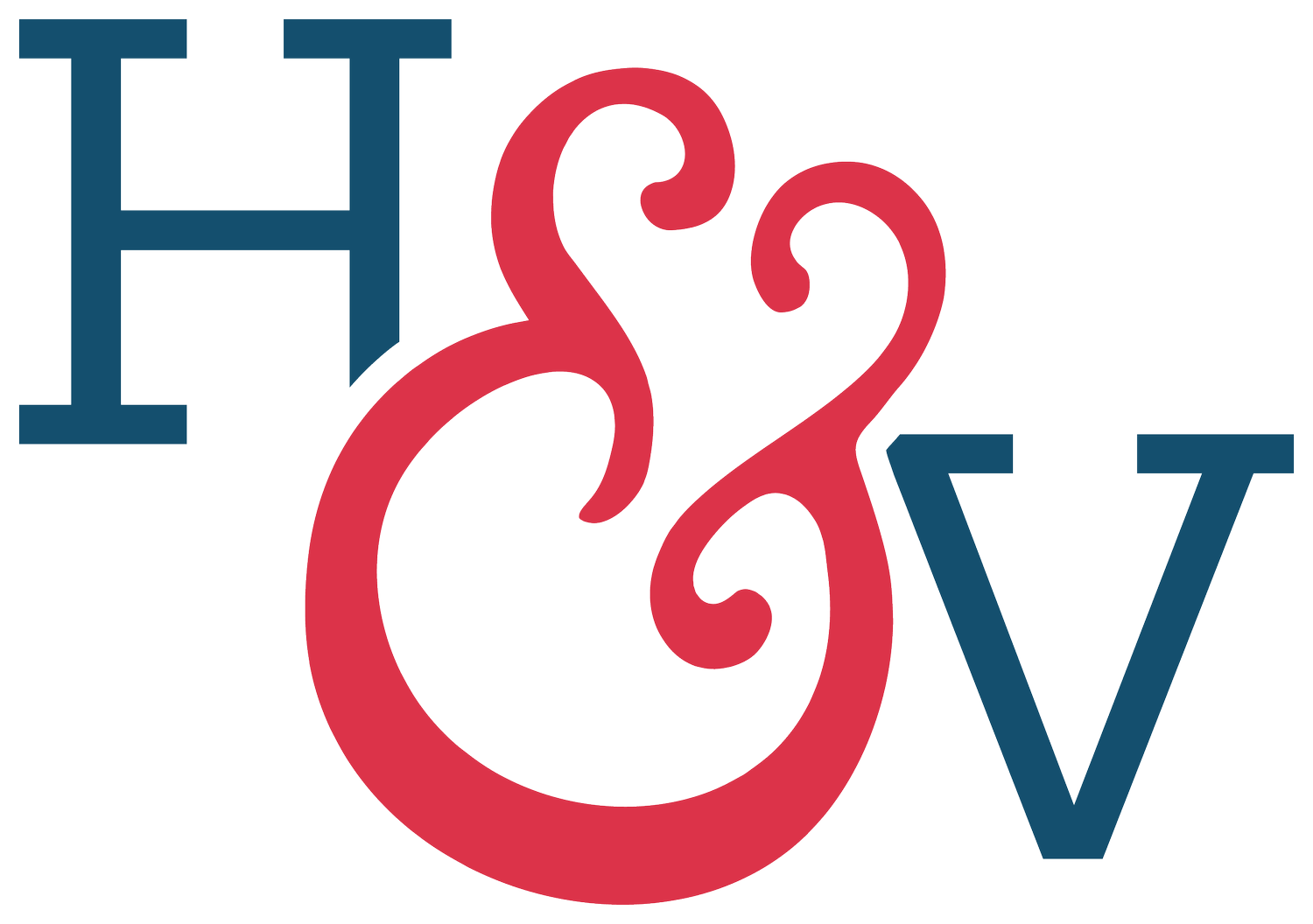
Our Services
The board-certified physicians at Heart & Vascular Center of West Tennessee use cutting-edge technology to provide expert diagnostic services for patients at risk of developing severe cardiovascular disease.
Our srevices at Heart & Vascular Center of West Tennessee include…
-
Our cardiology services focus on diagnosing, treating, and preventing diseases of the heart and blood vessels. We specialize in managing conditions such as coronary artery disease, heart failure, and arrhythmias, using a variety of diagnostic tests and interventions to support long-term cardiovascular health.
To learn more or to schedule an appointment, contact Heart & Vascular Center of West Tennessee today. -
Electrophysiology is a specialized branch of cardiology that focuses on diagnosing and treating issues with the heart’s electrical system. Through various tests and procedures, our electrophysiologists can identify the source of problems causing irregular heart rhythms. Our electrophysiology services include minimally invasive procedures that restore your heart rhythm while requiring a short recovery time. Some of these procedures include:
Pacemaker Placement
A pacemaker is a small, implantable, battery-operated device that helps your heart beat in a regular rhythm by using gentle electrical impulses.Implantable Cardioverter Defibrillators
An implantable cardioverter defibrillator (ICD) is a small device placed in the chest that monitors your heartbeat and delivers a shock if it detects a dangerous heart rhythm.
WATCHMAN Procedure
The WATCHMAN™ procedure is a minimally invasive treatment that can reduce the chance of stroke and heart disease in at-risk patients diagnosed with atrial fibrillation not caused by a heart valve problem. The procedure is safe, minimally invasive, and only requires a short hospital stay (typically less than 24 hours).
Learn more about the minimally invasive WATCHMAN™ procedure.
To learn more or to schedule an appointment, contact Heart & Vascular Center of West Tennessee today. -
Primary Care Services
Our Dyersburg and Lexington clinics offer comprehensive primary care services, including:
Colds and flu
Diabetes
High blood pressure
Women’s health issues
Asthma
Urinary tract infections
Depression and anxiety
Headaches and migraines
Thyroid disease
Musculoskeletal injuries
Chronic disease management
To learn more or to schedule an appointment, contact Heart & Vascular Center of West Tennessee today. -
Our endocrinology and diabetes management services focus on diagnosing and treating hormonal disorders such as diabetes, thyroid disease, and metabolic conditions. Patients receive personalized care plans that may include medication management, insulin therapy, continuous glucose monitoring, and nutritional counseling to support long-term health and wellness.
To learn more or to schedule an appointment, contact Heart & Vascular Center of West Tennessee today. -
Our weight loss management services offer personalized support to help patients achieve and maintain a healthy weight. Services may include nutritional counseling, lifestyle coaching, metabolic evaluations, medication-assisted weight loss, and ongoing progress monitoring. Designed for long-term success, this program helps reduce the risk of obesity-related conditions such as diabetes, high blood pressure, and heart disease.
To learn more or to schedule an appointment, contact Heart & Vascular Center of West Tennessee today. -
Our on-site laboratory provides fast, accurate testing to support timely diagnosis and treatment. Services include blood work, urinalysis, cholesterol screening, glucose testing, and more.
To learn more or to schedule an appointment, contact Heart & Vascular Center of West Tennessee today. -
Our vascular lab offers advanced minimally invasive procedures to address conditions affecting your veins and arteries. Some of our procedures include:
Lower Extremity Angiogram
Lower extremity angiograms are a diagnostic imaging test that uses contrast dye and X-rays to visualize blood flow in the legs, helping detect blockages or narrowing in the arteries.
Varicose Vein Ablations
Varicose vein ablations are a minimally invasive procedure that closes off affected veins using heat or chemicals. Once the vein is sealed, blood is redirected through healthier veins. Over time, the treated vein shrinks and is absorbed by the body, alleviating the painful and uncomfortable symptoms associated with varicose veins.
To learn more or to schedule an appointment, contact Heart & Vascular Center of West Tennessee today. -
We offer a wide range of advanced diagnostic tests to help identify, monitor, and manage health conditions, including:
Holter Monitors
These portable devices continuously monitor and record your heart’s electrical activity for up to 14 days.
Ankle Brachial Index (ABI)
An ABI compares the blood pressure in your feet to the blood pressure in your arms, helping to identify peripheral artery disease.
Pulmonary Function Tests (PFT)
A PFT is a group of tests used to assess the health and function of your lungs.
Electrocardiogram (EKG)
An EKG is a noninvasive test that measures the electrical activity of your heartbeat.
In an effort to provide our device patients with the best health care, we have partnered with Rhythm for remote home device monitoring. Learn more about this service by clicking here.
To learn more or to schedule an appointment, contact Heart & Vascular Center of West Tennessee today. -
Our diagnostic imaging services use advanced technology to capture detailed images of the heart, blood vessels, and other areas of the body. These non-invasive tests help our providers accurately diagnose and monitor a wide range of conditions. Our imaging services include:
Cardiac PET Scans
Cardiac PET scans are used to diagnose cardiac diseases with higher accuracy by evaluating the blood flow and function of the heart. It is 3x faster than conventional stress tests, lasting less than 2 hours. It features better quality images than traditional stress tests and also gives fewer chances of false results and unnecessary invasive procedures.
Learn more about Heart and Vascular’s PET/CT scan.
CT Scan
This scan is a non-invasive imaging test that provides detailed, cross-sectional views of your heart and blood vessels. This advanced technology helps detect heart disease, blockages, and other vascular conditions with greater clarity than standard X-rays
Nuclear Stress Test
This specialized imaging test assesses how well blood flows to the heart both at rest and during physical activity. By using a small amount of radioactive material, this test helps identify potential issues in the heart.
Treadmill Stress Test
A heart monitoring test is performed while walking on a treadmill to assess how your heart responds to physical activity, helping detect potential heart disease.
Ultrasound
An ultrasound uses sound wave technology to create images of your internal organs, allowing doctors to evaluate your heart, blood vessels, and circulation.’
X-Ray
A quick and painless imaging test that uses low-dose radiation to capture detailed pictures of bones and internal organs, aiding in the diagnosis of various conditions.
Coronary Calcium Scans
Coronary calcium scans are used to identify early-stage heart disease by using advanced heart analysis technology. A coronary calcium scan checks for the buildup of calcium in plaque on the walls of the coronary arteries of the heart.
This test can provide doctors with valuable information to diagnose and treat cardiovascular disease, preventing symptoms from worsening and reducing the chance of suffering from a potentially fatal cardiac emergency such as a heart attack or stroke.
In an effort to provide our device patients with the best health care, Heart & Vascular Center of West Tennessee has partnered with Rhythm for remote home device monitoring. Learn more about this service by clicking here.
To learn more or to schedule an appointment, contact Heart & Vascular Center of West Tennessee today.
Clinical Trials as a Care Option
Heart & Vascular are proud to offer clinical research to our patients by partnering with Medovation Clinical Research, a company that provides clinical research access to practices like ours; in turn, we can provide clinical research opportunities to patients like you.
Join us in advancing medicine. Learn more about our clinical trials.




